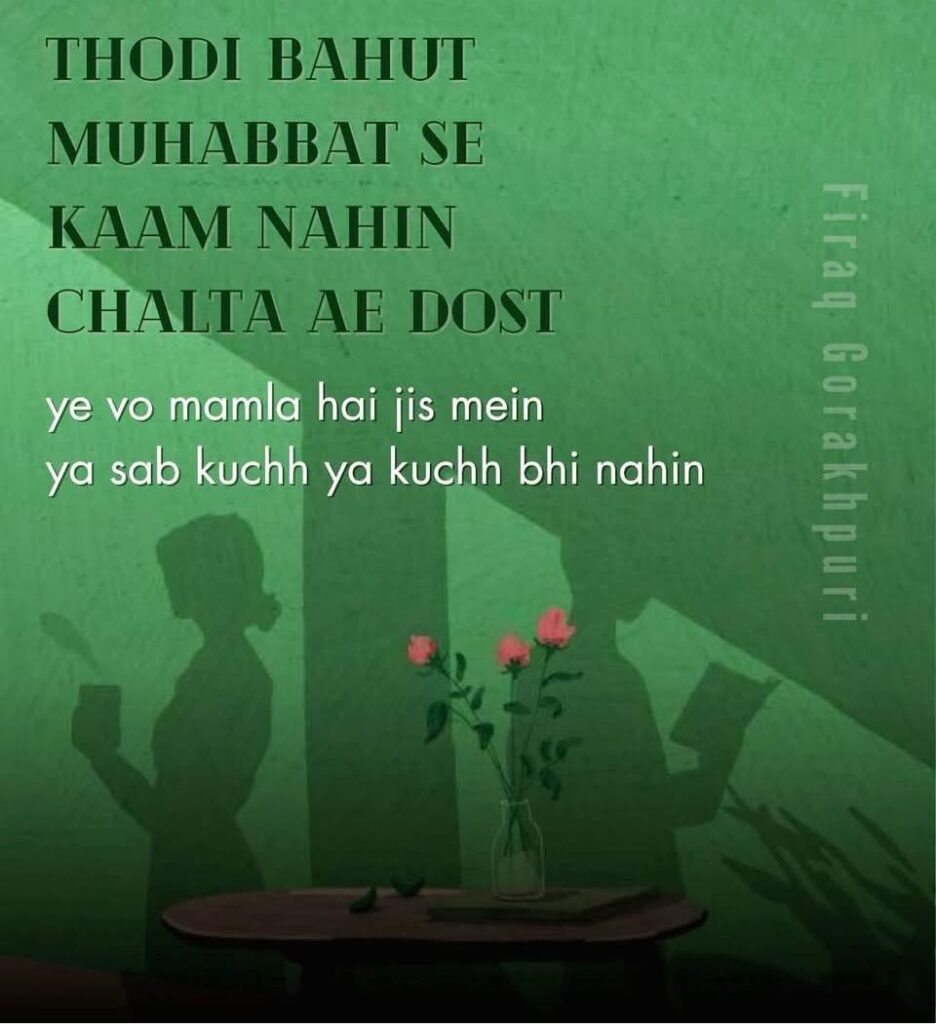
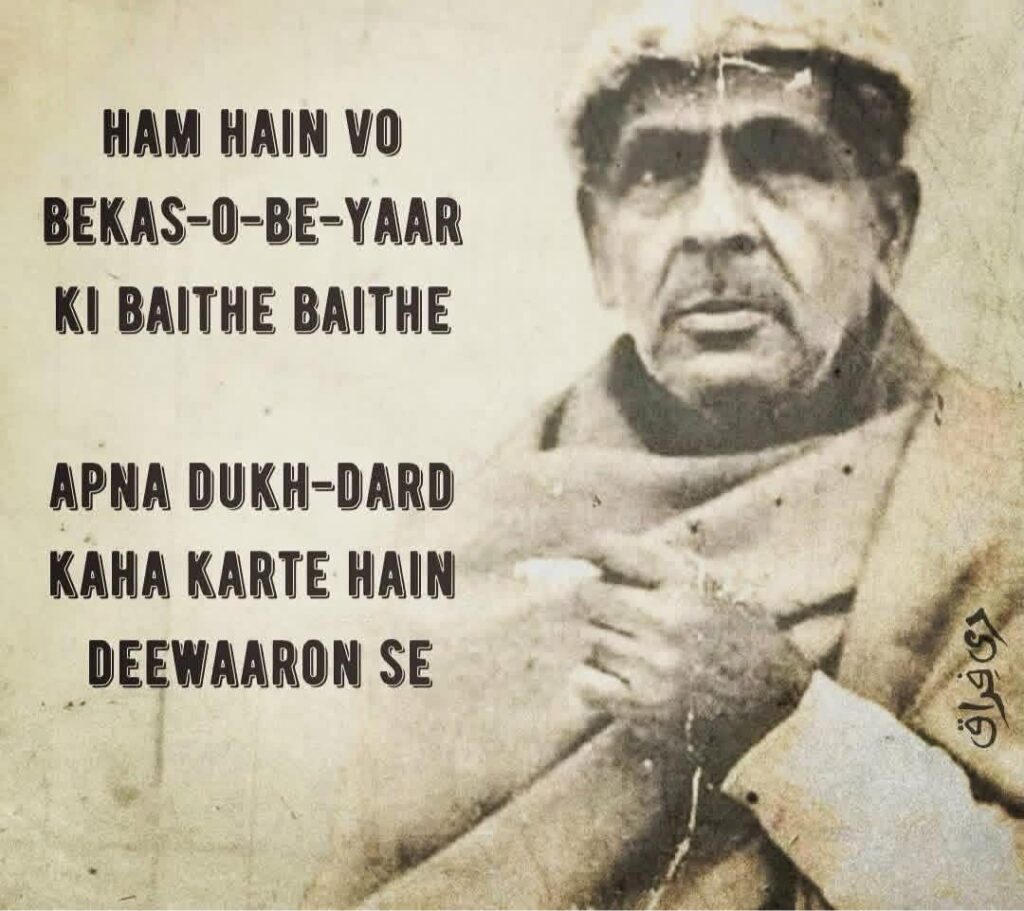
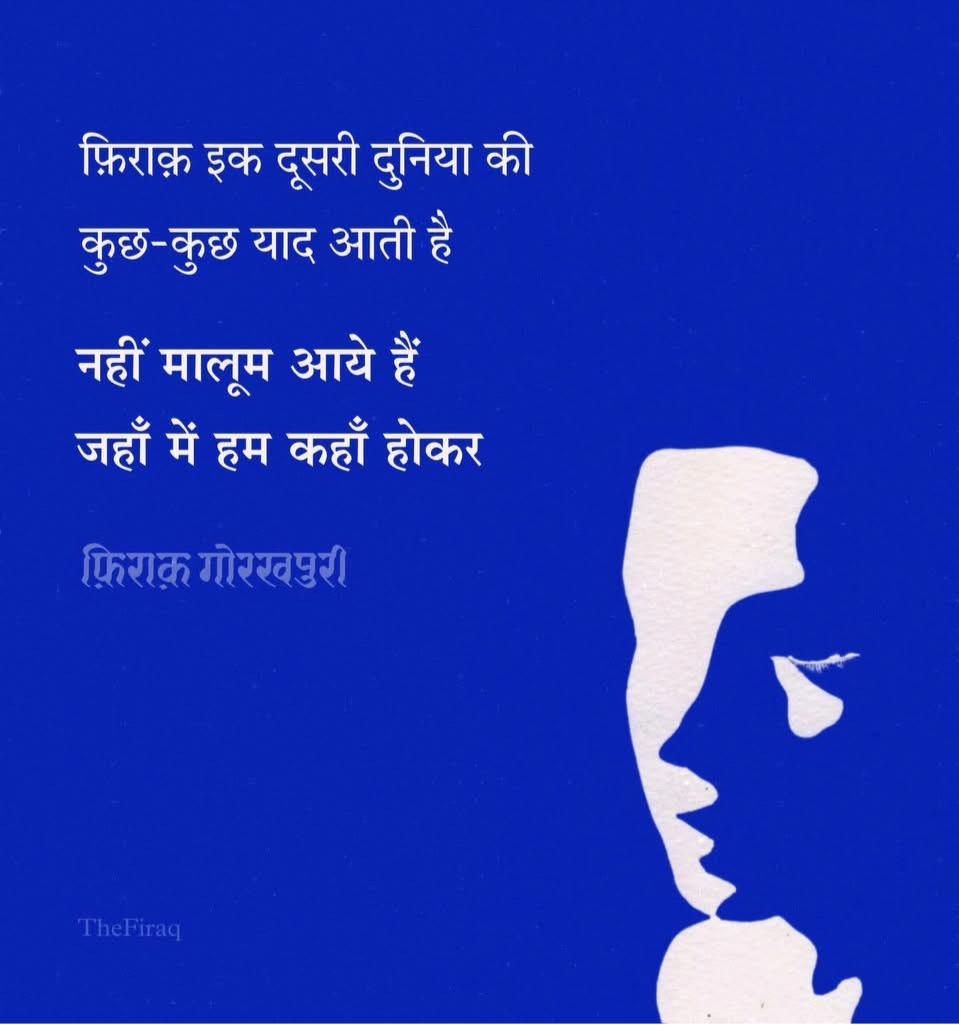
Remembering Firaq Gorakhpuri on His 129th Birth Anniversary . “Aane Waali Naslen Tum Par Fakhr Karenge” “Lafzon Ko Ehtiyaat Se Barta Kijiye … Inn Mein Bhi Jaan Hoti Hai” The Poet Who Made Words Breathe .On 28 August 1896, in Banwarpar near Gorakhpur, Uttar Pradesh, was born Raghupati Sahay, immortalized in Urdu literature as Firaq Gorakhpuri. A poet, freedom fighter, professor, and polyglot, he remains one of the titans of modern Urdu poetry.
His own lines stand prophetic even today:
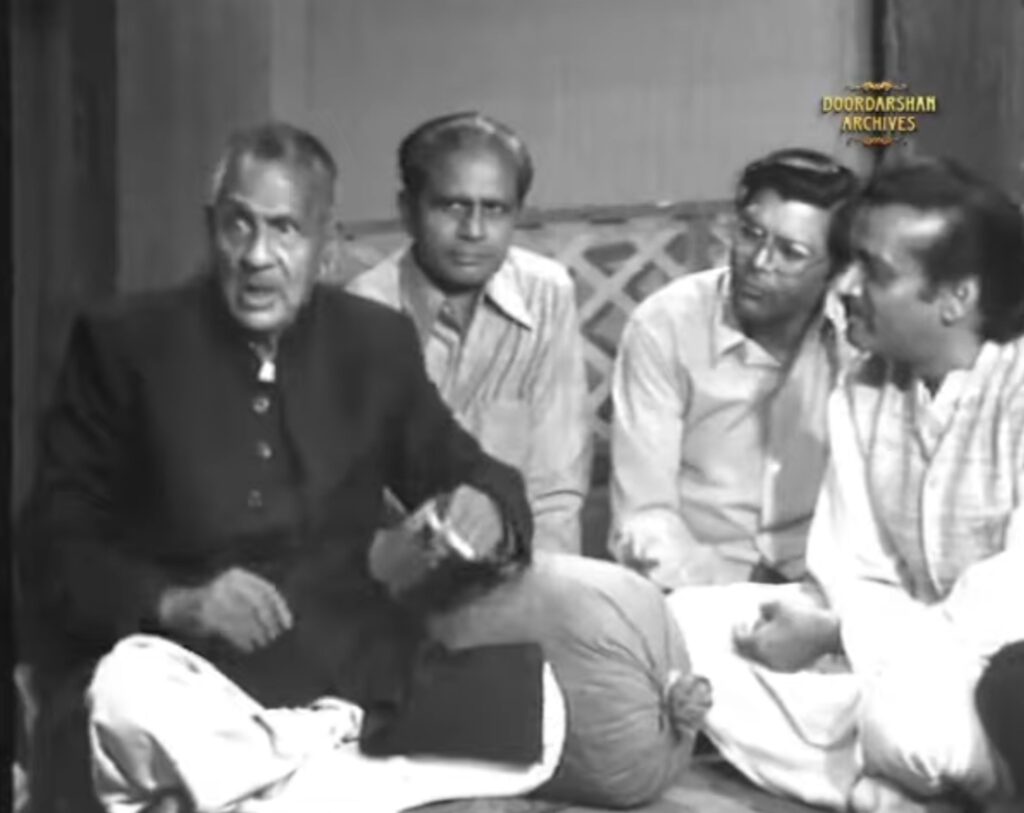
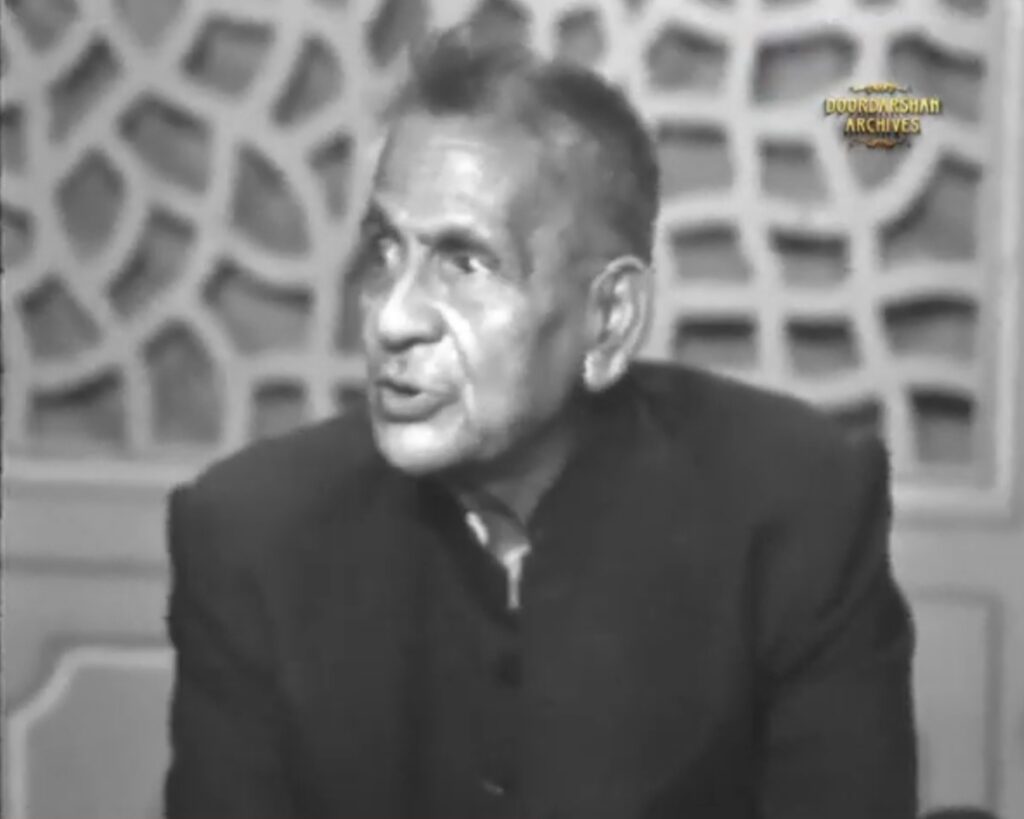
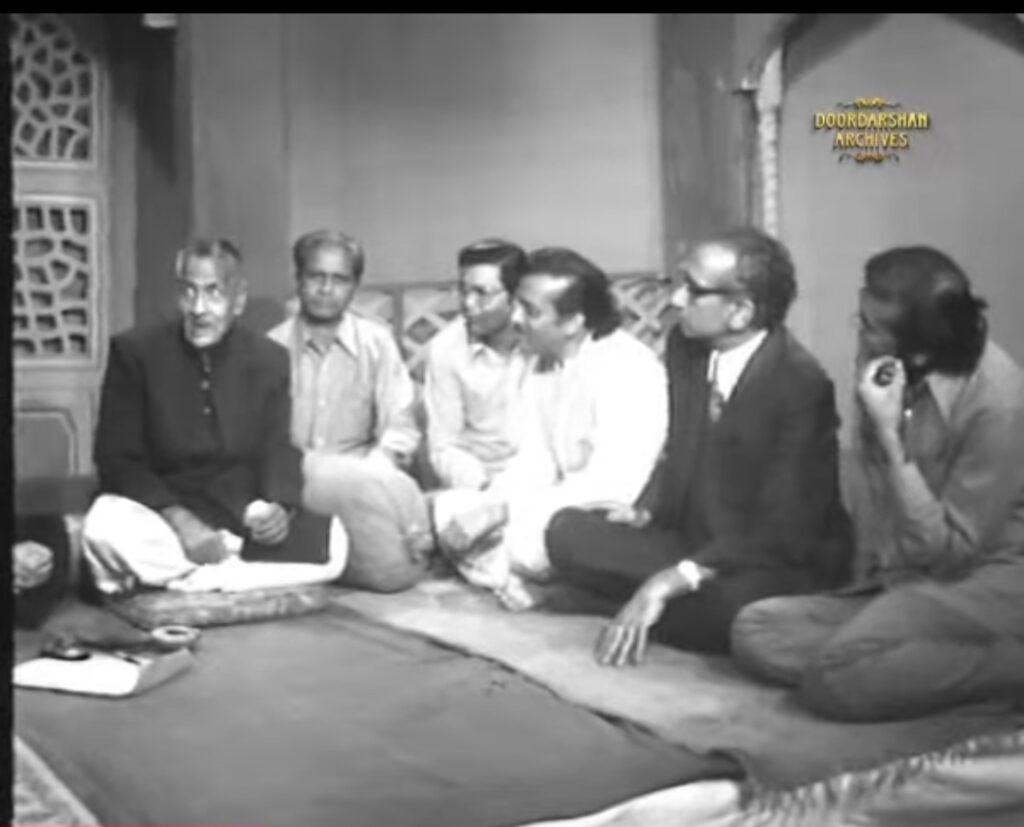
“Aane waali naslen tum par fakhr karengi ham-asro,
Jab bhi unko dhyaan aayega tumne Firaq ko dekha hai.”
Indeed, generations of readers continue to envy those who lived in his time. More than a century later, his voice still shapes the sensibilities of lovers of poetry across South Asia and beyond.
“Bahut Pahle Se Un Qadmon Ki Aahat Jaan Lete Hain”
Early Whispers of Genius
Born into a prosperous Kayastha family, Firaq inherited literary sensibilities from his father, Munshi Gorakh Prasad ‘Ibrat’, himself a lawyer and Urdu poet. His early education in Urdu and Persian at home was followed by studies in English literature at Lucknow Christian College and Allahabad University. He eventually earned an MA in English from Agra University in 1930 with distinction.
Even as a young man, Firaq displayed rare brilliance. He recited his first ghazal in 1916 while still a student, a hint of the genius that would later transform Urdu poetry.
One of his early couplets captures both his melancholy and foresight:
“Ek muddat se teri yaad bhi aayi na humein,
Aur hum bhool gaye hon tujhe aisa bhi nahin.”
“Ham Se Kya Ho Saka Mohabbat Mein”
Freedom, Sacrifice, and Secularism
Despite cracking the prestigious Indian Civil Service examination in 1920, Firaq turned away from a life of privilege when Mahatma Gandhi launched the Non-Cooperation Movement. He resigned, embraced activism, and spent 18 months in jail.
On release, he served as Under Secretary of the Uttar Pradesh Congress Committee, working alongside Jawaharlal Nehru and Motilal Nehru. For him, nationalism was inseparable from secularism. He rejected attempts to label Urdu as the language of one community, insisting:
“Zubaan kisi qaum ki milkiyat nahin, jisne seekhi usne kahi.”
(Language belongs to no community; whoever learns it, speaks it.)
This conviction placed him among India’s most courageous cultural voices.
“Shaam Bhi Thi Dhuan Dhuan, Husn Bhi Tha Udaas Udaas”
The Poetic Symphony of Love and Beauty
Firaq’s poetry redefined the ghazal. While steeped in classical tradition, he infused his work with modern themes—loneliness, existential dilemmas, longing, and social consciousness. His verses could evoke both sensual beauty and the ache of separation, capturing the fragility of human emotions.
His celebrated collections include Gul-e-Naghma (for which he won the Jnanpith Award), Gul-e-Ra’naa, Rooh-e-Kayenaat, Shabnamistan, and Sargam. He wrote ghazals, nazms, rubaiyat, and qata’at with equal finesse.
As one of his oft-quoted couplets goes:
“Raat yun dil mein teri khoi hui yaad aayi,
Jaise veeran gali mein chupke se bahaar aa jaaye.”
“Aaj Ik Aur Baras Beet Gaya Us Ke Baghair”
Scholar and Man of Letters
Firaq was not only a master of Urdu; he was also one of India’s finest teachers of English literature. At Allahabad University (1930–1958), he introduced generations of students to Shakespeare, Milton, Shelley, and Keats.
He was famously witty, often irreverent. His audacious claim still raises smiles:
“Only two and a half men know English in India: the first is Firaq, the second Dr. S. Radhakrishnan, and Nehru being the half.”
Students recalled him as a mesmerizing orator, someone who could glide effortlessly from a Shakespearean sonnet to a couplet of Mir.
“Ishq Taufiq Hai, Gunah Nahin”
Honors and Recognition
Over the decades, Firaq received India’s most coveted literary awards:
• Sahitya Akademi Award (1960) for Gul-e-Naghma
• Padma Bhushan (1968)
• Jnanpith Award (1969)—the first Urdu poet to receive it
• Soviet Land Nehru Award (1968)
• Sahitya Akademi Fellowship (1970)
• Ghalib Award (1981)
As Producer Emeritus at All India Radio, he carried poetry into homes across the country, his voice making Urdu part of India’s cultural bloodstream.
Josh Malihabadi called him the greatest Urdu poet after Mir and Ghalib, while critic Gopi Chand Narang hailed him as the brightest star of 20th-century Urdu poetry.
“Tum Mujhe Bhool Bhi Jao To Yeh Haq Hai Tumko”
Mentor, Wit, and Humanist
Firaq was known for his sharp tongue and playful arrogance, but also for the depth of his empathy. Playwright Javed Siddiqui remembered his advice at a mushaira:
“Lafzon ko ehtiyaat se barta kijiye … inn mein bhi jaan hoti hai.”
This reverence for words defined his craft. Each couplet shimmered like a polished jewel, yet carried raw human vulnerability.
His home in Allahabad was a cultural adda where poets, activists, and artists gathered. Despite controversies around his sharp opinions, he remained a mentor and inspiration for countless young writers.
“Ab To Un Ki Yaad Bhi Aati Nahin”
Solitude, Pain, and the Final Years
Firaq’s later life was scarred by personal tragedies: his wife’s departure, his son’s suicide, and his brother’s death. These losses deepened his loneliness but also gave his poetry its aching resonance.
He found solace in friendships, including with Indira Gandhi, whom he affectionately called his daughter. On 3 March 1982, he passed away in Delhi after a prolonged illness, his funeral conducted with state honors.
“Abhi To Main Jawan Hoon”
Legacy That Refuses to Fade
Firaq’s relevance today is undeniable. In a time of polarization, his insistence on India’s Ganga-Jamuni tehzeeb (syncretic culture) offers a lesson in coexistence. He showed that language and art transcend religion, that Urdu is not the possession of one community but a shared cultural treasure.
His verses continue to be sung in mushairas, quoted in films, and taught in classrooms. They resonate not only in India but across Pakistan, Bangladesh, and the Urdu-speaking diaspora worldwide.
His famous verse rings true even today:
“Kisi ka yun to hua kaun umr bhar phir bhi,
Ye husn-o-ishq to dhoka hai sab, magar phir bhi …”
Closing Note
On his 129th birth anniversary, we return to the words of this luminous star of Urdu poetry. Firaq Gorakhpuri was not just a poet; he was a bridge—between tradition and modernity, East and West, love and loss, politics and art.
As Josh Malihabadi once declared: “After Mir and Ghalib, it is Firaq who wears the crown.”
And as Firaq himself foresaw, generations indeed “fakhr karengi”—take pride—that he once walked among us.
Hasnain Naqvi is a former member of the history faculty at St. Xavier’s College, Mumbai


